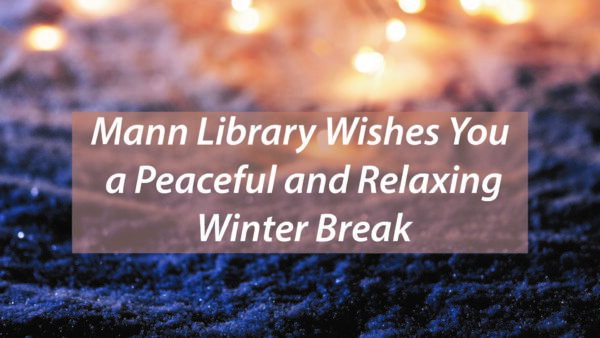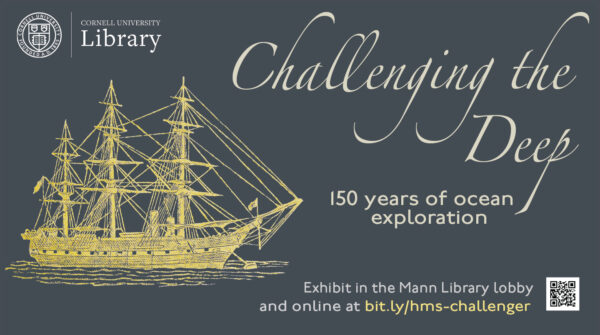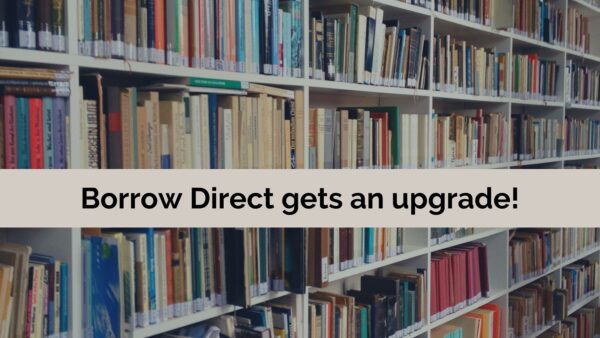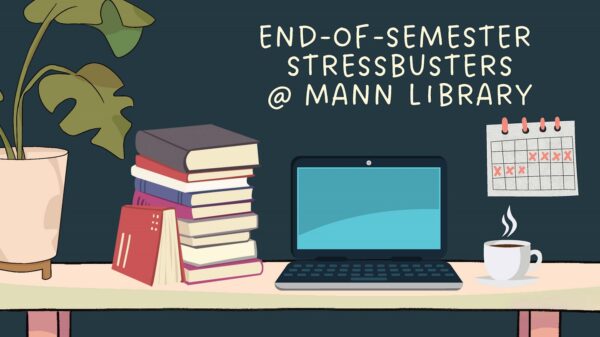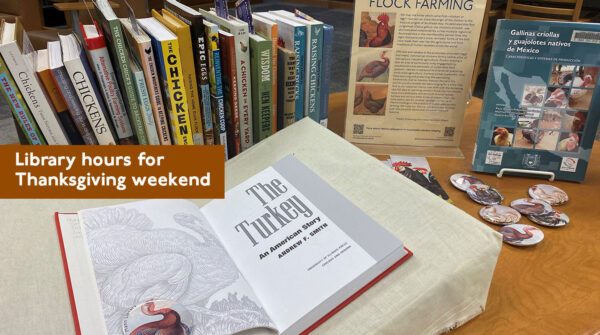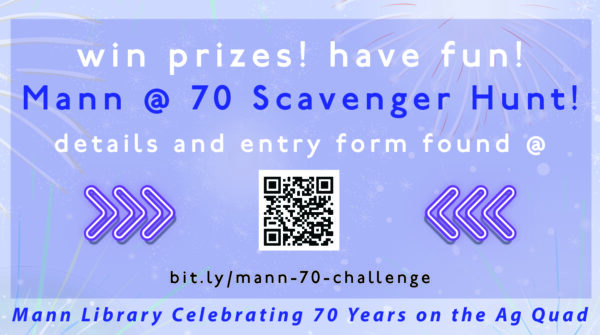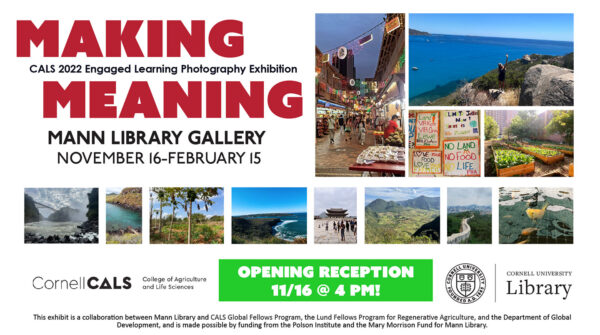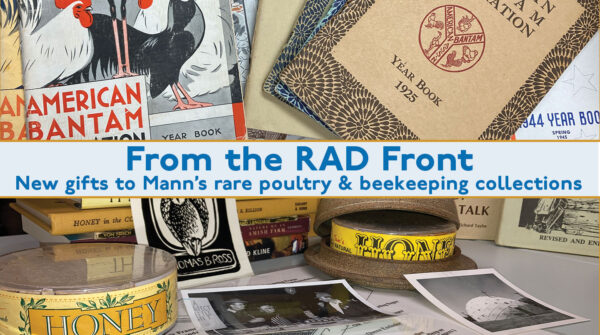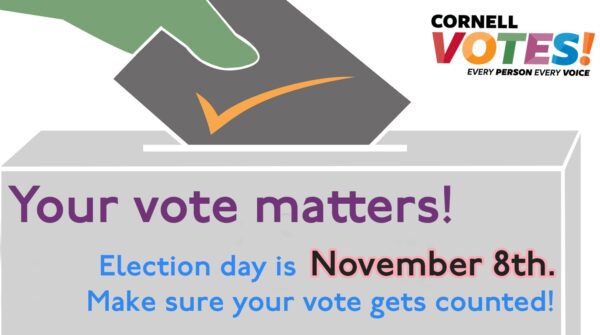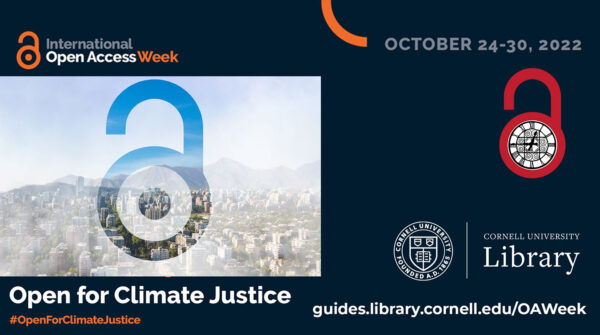OA Week is an invaluable chance to connect the global momentum toward open sharing with the advancement of policy changes on the local level. Universities, colleges, research institutes, funding agencies, libraries, and think tanks have used Open Access Week as a platform to host faculty votes on campus open-access policies, to issue reports on the societal and economic benefits of Open Access, to commit new funds in support of open-access publication, and more.
Cornell University Library is holding a series of panel discussions and talks, Oct. 24–28, to promote freely accessible scholarship that advances the work of researchers in all disciplines around the world.
What does “open access” look like for the incarcerated?
Monday, October 24th, 11:15am – 12:15pm
Uris Library Fiske Room (light refreshments will be served and in person attendees will receive a pair of OA socks!) or Zoom
Moderated by Nichole McCarthy, Original Content Collections Manager, Legal Information Institute
The short answer is, there is no such thing as “open access” in a correctional facility. However, access to information and education in correctional facilities is still essential. Instead of talking specifically about “open access” efforts, we are going to talk about the ways in which The Cornell Prison Education Program and Cornell Library work together to provide access to information to those receiving an education while incarcerated.
Panelists:
- Betsye Violette, Associate Director of Student Services, Cornell Prison Education Program
- Maddie Reynolds, Cornell Prison Education Program Librarian, Cornell University Library
- Wendy Wilcox Co-Director Olin/Uris Libraries, Resource & Access Services, Cornell University Library
Openness and the Future of Scholarly Communications
Tuesday, October 25th, 1pm – 2pm
Olin Library Room 703 (light refreshments will be served and in person attendees will receive a pair of OA socks!) or Zoom
Moderated by Jane Bunker, Director, Cornell University Press
Panelists:
- Elaine L. Westbrooks, Carl A. Kroch University Librarian, Cornell University Library
- K. Max Zhang, Professor, Sibling School of Mechanical Engineering; The Kathy Dwyer Marble and Curt Marble Faculty Director, Cornell Atkinson Center for Sustainability
- Andrew Hicks, Associate Professor, Department of Music and Program in Medieval Studies; Director, Cornell Medieval Studies Program
Trends in Peer Review of Open Access Preprints
Wednesday, October 26th, 11am – 12pm
Mann Library Room 160 (light refreshments will be served and in person attendees will receive a pair of OA socks!) or Zoom (pre-registration required; click the link to register)
Hosted by Alison Fromme of ArXiv
Speed or research is a major feature of open access preprint platforms like arXiv – formal peer review can follow later after rapid distribution of results. However, as submissions to arXiv and other preprint servers have grown, many researchers are seeking new avenues for community feedback and peer review. At this panel discussion, leaders in preprints and peer review will discuss current trends in virtual overlay journals, open peer reviews, and more.
Panelists:
- Peter Coles, PhD, Theoretical Cosmologist at Maynooth University in Ireland and Managing Editor of The Open Journal of Astrophysics
- Jessica Polka, PhD, Executive Director of ASAPbio
- Antti Mikael Rousi, PhD, Senior Advisor, Research Services at Aalto University, Finland
- Steinn Sigurdsson, PhD, Professor of Astronomy at Penn State University and arXiv Scientific Director
OER Above Cayuga’s Waters: An Introduction to Open Educational Resources
Thursday, October 27th, 2pm – 3pm
Olin Library Room 703 (light refreshments will be served and in person attendees will receive a pair of OA socks!) or Zoom
Presented by Mike Priehs, Cornell University Library Copyright Services
Open Educational Resources, also known as OER, are educational materials that are intentionally created and licensed to be free for users to own, share, and customize. These materials can range from a single lesson plan to an entire textbook. Not only can they save students money, but they can also be modified and remixed to better meet the learning objectives of courses. In this session, we will describe and define OER, talk about copyright and licensing issues, identify examples of OER in practice, and share our experience and knowledge of OER in use at Cornell University.
Lightning Talks!
Friday, October 28th, 10am – 11am
Zoom
Hosted by Debra Howell, Cornell University Library
Lightning talks are short presentations of 5-10 minutes that are arranged one after the other that allow presenters to convey ideas, information, and concepts quickly in an exciting format. Our Open Access Week Lightning Talks include:
Changes to Public Access to Federally Funded Research
- Presented by Matthew Kopel, Copyright Specialist, Cornell University Library and Sarah J Wright, Research Data & Life Sciences Librarian, Cornell University Library
- In August, the White House Office of Science and Technology Policy issued a memorandum eliminating the 12-month embargo on federally funded research. This presentation will briefly review what this policy guidance means for researchers and the broader academic community.
Making Research Papers Available to All
- Presented by Shamsi Beers Brinn, User Interface/Experience Specialist, arXiv
- For 30 years, arXiv has removed financial, institutional, and geographic barriers to access research and profoundly impacted how scientific knowledge is shared around the world. But for scientists with a variety of disabilities – such as blindness or reading disabilities – research is still not open. arXiv is embarking on an ambitious project to make the research we host as accessible and approachable as possible. We will share our findings, where arXiv can have the most impact, and how these changes benefit the entire scientific community.
Cornell Open Access Publishing Fund (COAP) – program updates
- Presented by Kizer Walker, Director of Collections, Cornell University Library
- Established in 2010, the Library’s COAP program underwrites reasonable publication charges for articles and books by Cornell authors who are non-tenured faculty members, academic staff members, or students, published in fee-based open access journals when other funding sources are not available.
Open for Climate Justice at The Ohio State University
- Presented by Maureen P. Walsh, Scholarly Sharing Strategist, The Ohio State University Libraries and Gene R. Springs, Collections Strategist, The Ohio State University Libraries
- We will give a brief overview of The Ohio State University Libraries’ “Transforming the Scholarly Publishing Economy” strategic initiative, now in its third year. We will highlight our portfolio of transformational and transitional agreements with journal publishers and our support for open scholarly monographs and open scholarly infrastructure. We will focus on the impact of our Read and Publish and Pure Publish Agreements are having in opening Climate Justice scholarship at The Ohio State University. We will share our current thinking on future directions for our initiatives as we continue to work with campus stakeholders, researchers, consortia partners, peers, open-source communities, and publishers for the advancement of open research and scholarship.
Cornell’s Quadruple Bottom Line for Sustainability: An Open Access Decision-Making Tool
- Presented by Sarah Brylinsky, Assistant Director, Cornell Campus Sustainability Office
- Sarah Brylinsky leads the development of climate action and sustainability business strategy across the university, including managing strategic communications and the development of a ‘living laboratory for sustainability’ to accelerate innovation and impact. She has been at her role at Cornell for 6 years, and was previously director of the national carbon commitment and founded the first higher education climate resiliency compact.
- People. Prosperity. Planet. Purpose. These four impact areas comprise Cornell’s “quadruple bottom line” sustainability framework. Cornell’s Sustainability Office has created an open-access sustainability framework that incorporates the three key areas of environment, economy, and equity (which we call planet, prosperity, and people), and adds a fourth area of consideration which helps us examine how we can best contribute to a more sustainable world as an education institution – our purpose. This Quadruple Bottom Line Sustainability Framework is both an “ethos” for how we consider sustainability as part of our campus education and operations, but also a tool for decision making that can be used by anyone on campus and beyond.
